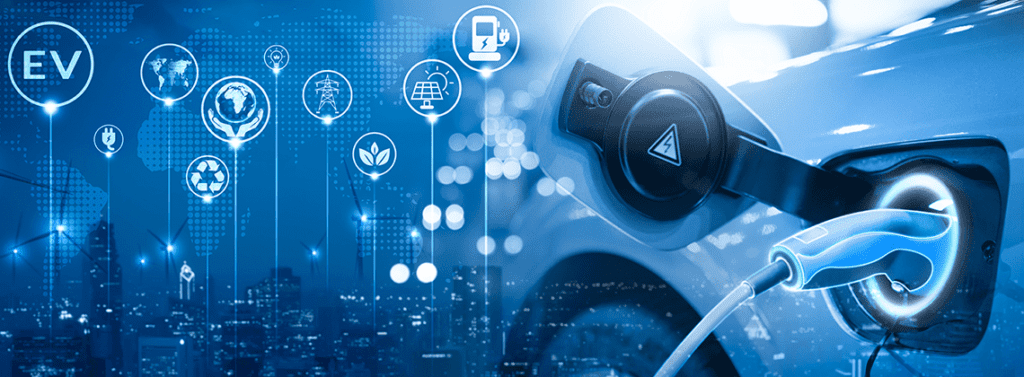The electric vehicle (EV) industry saw a notable boost in the third quarter of 2023. According to Automotive News, EV registrations once again rose year-over-year, reaching a 7.4% share in the United States. From January to September 2023, vehicle registrations hit 854,904, putting them on track to surpass one million EV registrations for the first time by the end of the year. Notably, Tesla continues to dominate the EV market with 57.4% of EV registrations, while Chevrolet (5.9%), Ford (5.5%), and Hyundai (4.8%) trail behind.
Despite this growth, analysts have warned that the rate of consumer acceptance, EV diagnostics, and infrastructure is not keeping up with the rapid increase in availability. This raises concerns about the sustainability of the current growth trend and has led several industry leaders to adjust their EV rollout strategies. General Motors, which had initially committed to producing 400,000 EVs by mid-2024, has changed course, taking a more measured approach to align with the movement of the consumer market. Similarly, Ford adjusted its production targets but remains committed to reaching an ambitious 8% profit margin on EVs within the next three years.
While approaches are changing, major automakers remain optimistic about their EV investments. As we continue to see year-over-year EV registration growth and more clean car rules pass in the states and around the world, electric vehicles seem to be the current push for the automotive market’s future. New Jersey is the latest U.S. state of at least ten others that have adopted California’s Clean Car II regulations. This set of regulations sets forth eager EV and plug-in hybrid goals for the next decade.
Despite the state’s obvious push for EVs, the New Jersey Coalition of Automotive Retailers has stated that they are unhappy with the state’s decision as it restricts consumer choice and threatens the new car market. Similarly, over 4,000 dealerships across the United States sent a letter to President Biden urging him to reconsider an EPA proposal from earlier this year that could push for over 60 percent of new vehicle sales to be battery-powered by 2032.
The year 2023 has been a turning point for the EV industry, with growth, policy adoptions and discussions, and strategic adjustments. The global push for clean car regulations signals a transformative shift towards EVs, but challenges persist in aligning current production, diagnostics, and infrastructure capabilities with consumer demand. As industry leaders navigate this changing landscape, the electrification of the automotive market depends on a deliberate and balanced rollout to ensure a sustainable and consumer-driven future.

